Merih Demiral's Suspension: A Controversial Twist in Euro 2024
In a significant development that has stirred the football community, Turkish national team player Merih Demiral has been suspended by UEFA for two matches. The decision came after Demiral made a hand gesture that is allegedly associated with the Turkish ultra-nationalist group, the Gray Wolves, during the Türkiye-Austria Euro 2024 elimination match. This move has ignited a wave of reactions, from federations to political leaders, casting a shadow over the upcoming quarterfinals and beyond.
The Incident: What Happened?
During the critical Euro 2024 elimination match between Türkiye and Austria, which Türkiye won 2-1, Merih Demiral found himself at the center of attention not just for his performance on the pitch but for his actions after scoring. Demiral, who netted two of Türkiye's goals in their victory, made a hand gesture following his second goal. This gesture is widely recognized as linked to the Turkish ultra-nationalist group, the Gray Wolves, prompting immediate scrutiny. The Gray Wolves have a controversial reputation in Europe, often criticized for their extreme nationalist views and actions.
UEFA quickly launched an investigation, concluding that Demiral's actions violated the governing body's rules regarding decent conduct. The charges cited the use of sports events for non-sporting activities and bringing the sport into disrepute. Consequently, Demiral was handed a two-match suspension, making him ineligible for the critical quarterfinal match against the Netherlands and a potential semifinal clash against either England or Switzerland.
The Fallout: Reactions and Criticisms
The suspension did not sit well with the Turkish Football Federation, which promptly submitted a comprehensive 30-page defense. In their argument, they stressed that the gesture was a 1,000-year-old symbol of Turkish tradition, bearing no modern political connotations. The defense further emphasized that any claims suggesting otherwise were misinterpretations.
Adding fuel to the fire, Turkish President Recep Tayyip Erdogan announced his intention to attend the quarterfinal match in Berlin, a sign of solidarity with the national team amid the mounting diplomatic tensions between Türkiye and Germany. Interestingly, this diplomatic strain was further highlighted when Germany's Interior Minister Nancy Faeser publicly criticized Demiral's gesture. Her comments led to a diplomatic tit-for-tat, with both countries summoning each other's ambassadors.
Demiral's Defense and Political Implications
In response to the controversy, Merih Demiral defended his action as a simple expression of national pride. He vehemently denied any hidden or political message behind his gesture, calling it a misunderstood act of celebrating his heritage. This viewpoint was echoed by the Turkish Foreign Ministry and Erdogan's ruling Justice and Development Party, who jointly condemned UEFA's decision and Faeser's reaction, accusing them of being politically motivated.
The Turkish Foreign Ministry issued a statement asserting that the decision was not only unfair but also detrimental to the spirit of sportsmanship. They argued that the suspension was influenced by political bias rather than being a result of a fair and impartial review of the incident.
A Broader Context: Sports and Politics
This incident underscores the often inextricable link between sports and politics. Football, with its massive global following, has frequently been a stage for political expressions. The decision to suspend Demiral has therefore not just impacted the footballing world but has also spilled over into international diplomatic relations.
For UEFA, maintaining the integrity of the sport is paramount. However, this case highlights the challenges the governing body faces when different cultural symbols and actions are interpreted in varying lights. UEFA's stance on keeping sports events neutral grounds without political gestures may seem like a straightforward policy, but the implementation can be complex and rife with nuances.
What's Next for Demiral and Türkiye?
As Merih Demiral misses out on the forthcoming critical matches, the Turkish team will have to adapt quickly. His absence could shift the dynamics of the team, which has been largely dependent on his defensive prowess and goal-scoring abilities. The squad's capability to overcome this setback will be tested in the highly anticipated encounters ahead.
Looking beyond the tournament, the suspension could have lasting implications for Demiral's career and public image. While in Türkiye, he is likely to find strong domestic support; internationally, the controversy could linger, influencing perceptions and potentially impacting his professional engagements.
This situation serves as a powerful reminder of the complexities intertwining sports, culture, and politics. The narrative of Merih Demiral's gesture, the subsequent UEFA ruling, and the political backlash encapsulates a snapshot of the broader conversations about nationalism, identity, and the role of sports in modern society.
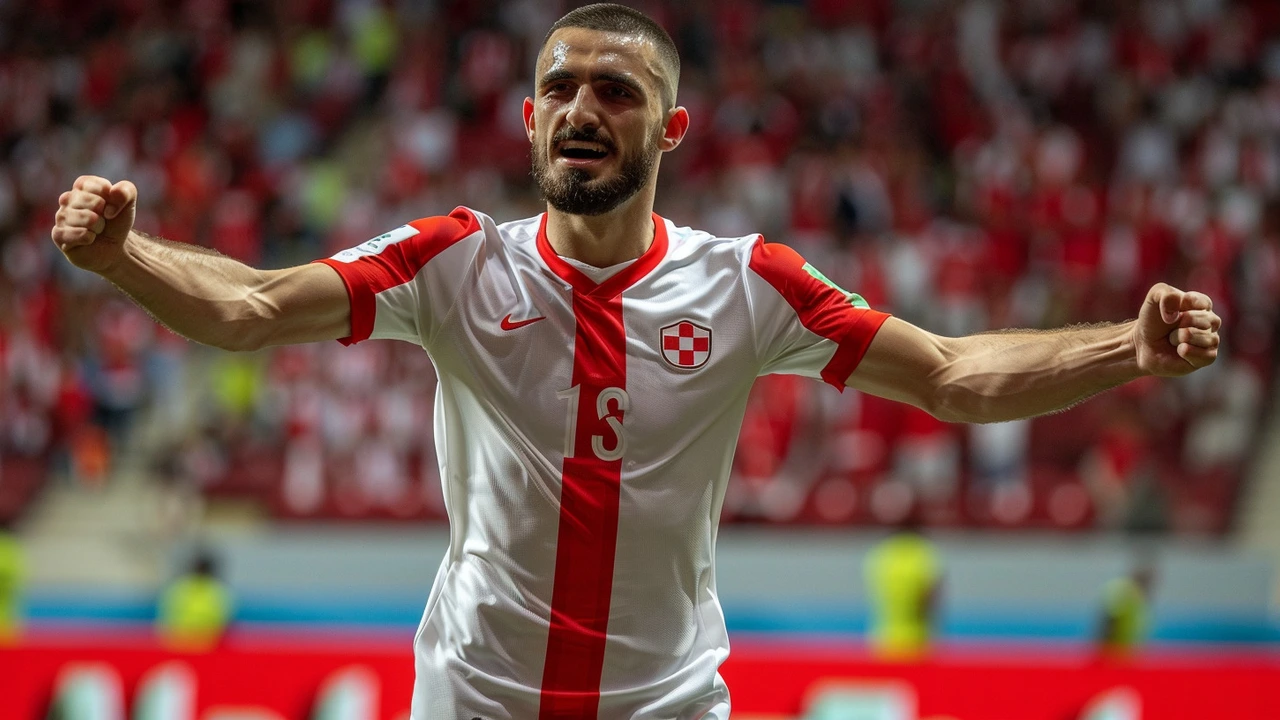
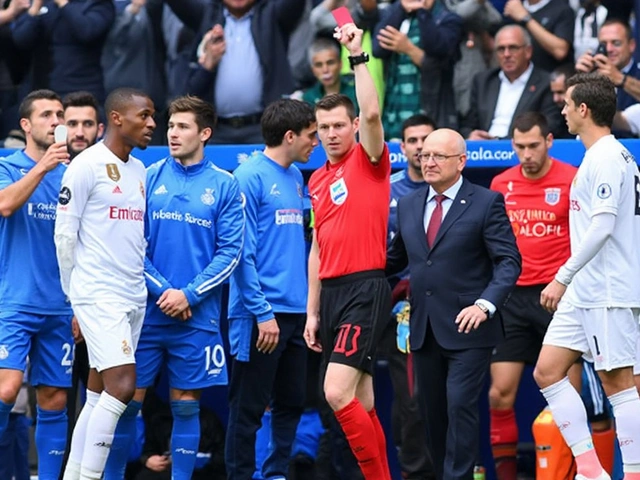
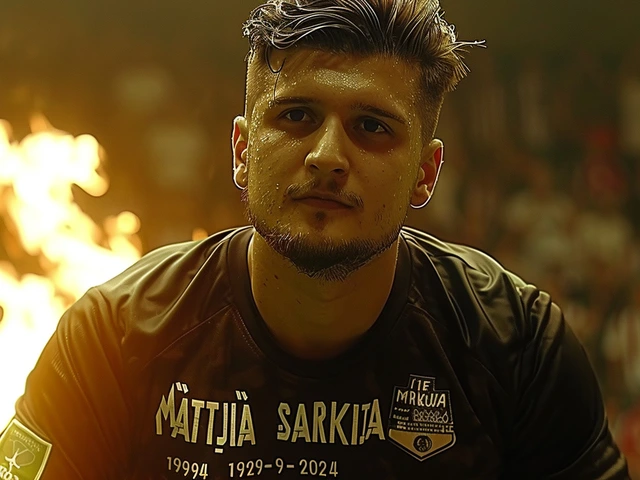
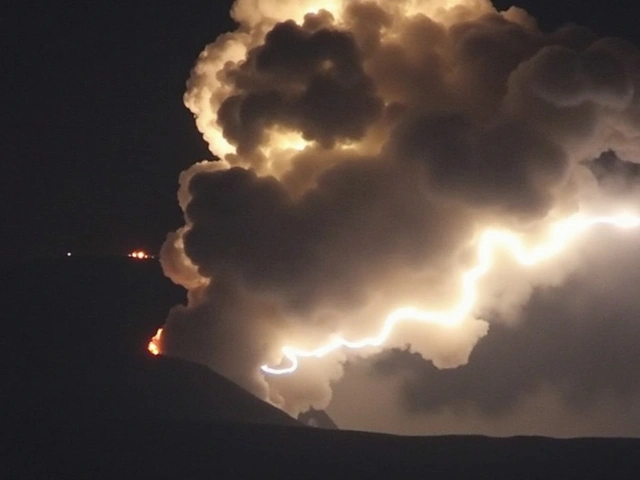
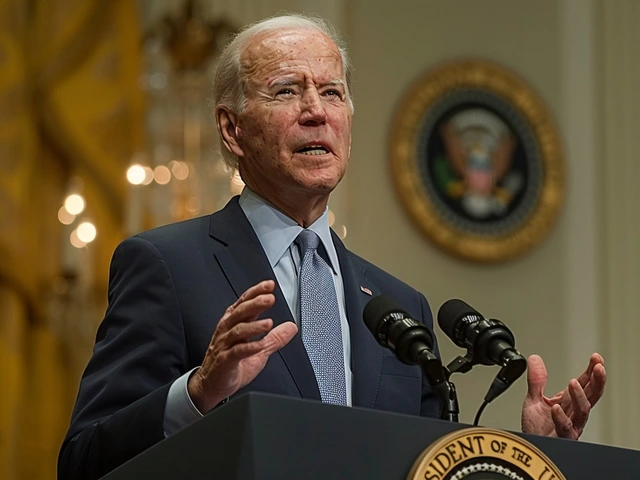
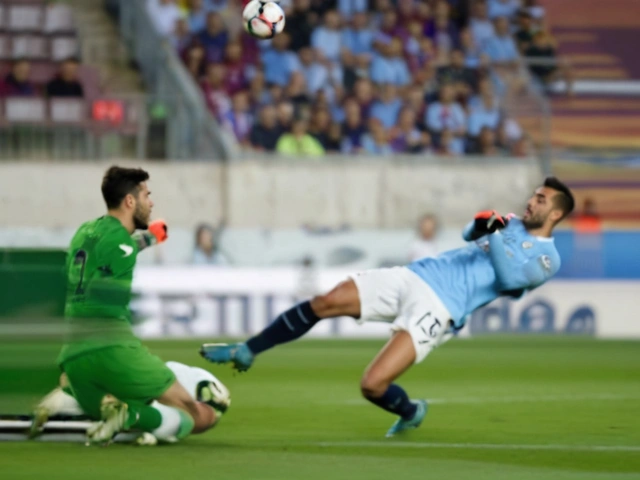
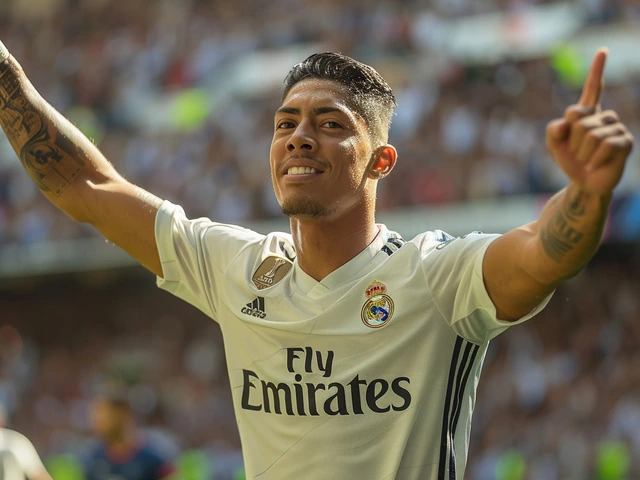
Write a comment